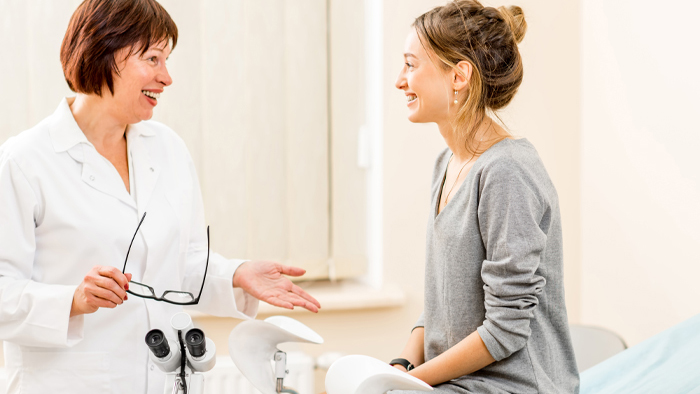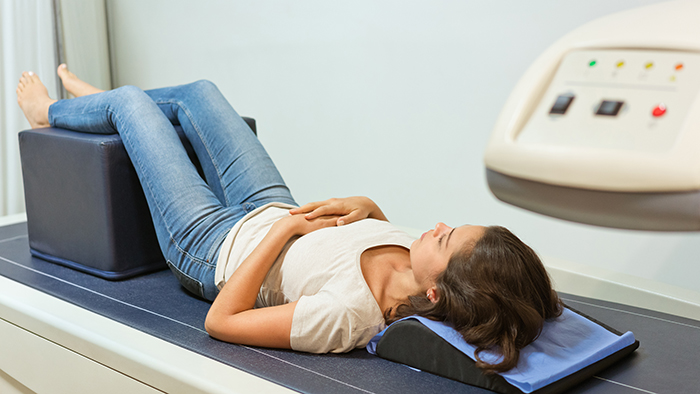Being female puts you at risk of developing osteoporosis and broken bones. According to the National Osteoporosis Foundation here are important facts every woman should know:
Of the estimated 10 million Americans with osteoporosis, about eight million or 80% are women. Approximately one in two women over age 50 will break a bone because of osteoporosis. A woman’s risk of breaking a hip is equal to her combined risk of breast, uterine and ovarian cancer.
There are multiple reasons why women are more likely to get osteoporosis than men, including:
- Women tend to have smaller, thinner bones than men.
- Estrogen, a hormone in women that protects bones, decreases sharply when women reach menopause which can cause bone loss. This is why the chance of developing osteoporosis increases as women reach menopause.
- For women over 50, it is important to get a Bone Density Scan. Bone density scanning is an enhanced form of x-ray technology. Bone density is often measured to detect or monitor osteoporosis or other medical conditions found in the bones. The scan is also known as dual-energy x-ray absorptiometry (DEXA), or bone densitometry, and is most often performed in the lower spine and hips. It is the established measuring standard for bone mineral density (BMD). In some adults and most children, the whole body is scanned. DEXA uses very low radiation amounts.
A physician's order is required.


